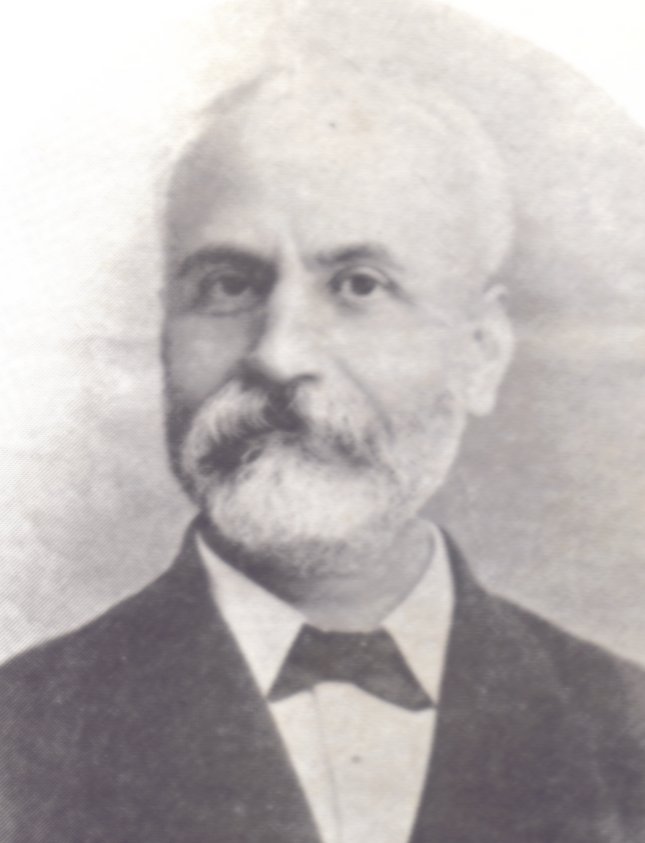Source A
"The Maltese language is a corrupt (changed) dialect of the Arabic, which has never been used for literary (writing) purposes, or even written in a uniform and stable manner. The Italian may be deemed (seen as) the literary, and even the written language of the island. From the end of the 15th Century, the records of the Consiglio Popolare were kept in Italian. The Italian, with the Latin, is the law language of the island; and accordingly; the laws made and promulgated (put into effect) under the Government of the Order are written in the former language. Every Maltese author who has not written in Latin has written in Italian. The accounts of the native merchants....are kept in the same language... in familiar conversation, people of education, as well as the working people , speak their native Arabic... it follows that the Italian language is far more useful to a Maltese than any other language, excepting his native tongue..."
G.Cornwall-Lewis and J. Austin,
Reports of the Commissioners Appointed to Inquire into the Affairs of Malta (London, 1838)
Questions
|
From
the source find the 2 main languages used in Malta
|
Who
used the language?
|
|
|
|
|
Is this a Primary or Secondary source?
When was this source written?
Which language did the Commissioners mention was most important?



